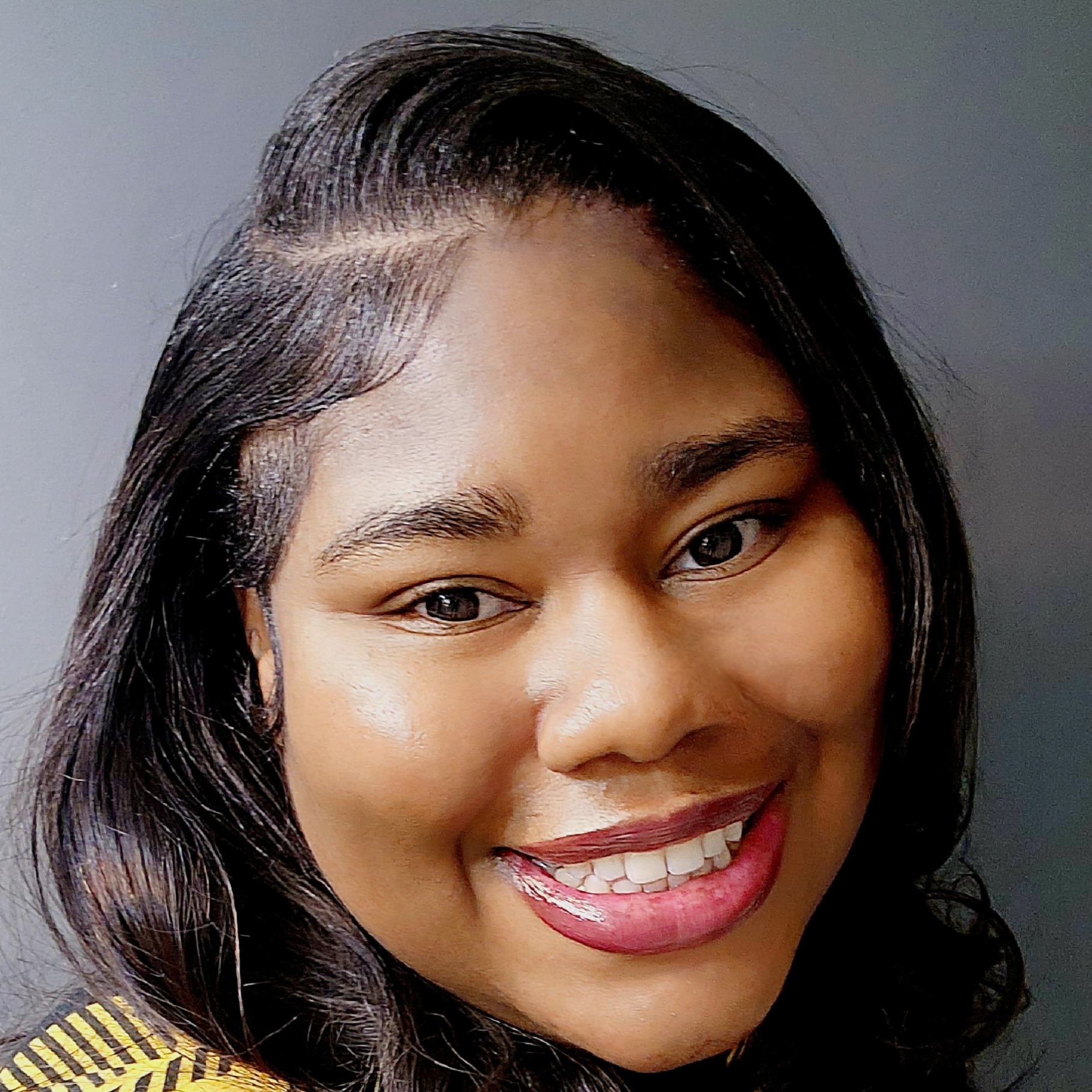Columbus, OH Therapy for Chronic Illness
Join 30 million people who have trusted Psych Hub
for mental health guidance.
Find quality treatment options tailored to your
needs and insurance coverage.




















Columbus, Ohio is a thriving state capital with a population of nearly 920,000 residents, known for its dynamic arts districts, top‑ranked universities, and scenic riverfront parks. From the galleries and boutiques of the Short North to the bustling campus of Ohio State University and the walkable trails along the Scioto Mile, Columbus offers a balanced mix of urban energy and Midwestern warmth. Its growing tech and finance sectors draw professionals from across the country, while families and students enjoy a vibrant cultural calendar year‑round.
Mental health services in Columbus, Ohio address a wide spectrum of common concerns, including anxiety, depression, trauma, and substance use disorders. State data show that approximately one in five Ohio adults experiences a mental health condition each year, and local surveys report rising rates of stress among young adults and working parents. Veterans and first responders in Central Ohio also face elevated risks for PTSD and depression, underscoring the need for accessible mental health treatment in Columbus.
Residents seeking therapy in Columbus can choose from a broad network of public and private providers. Columbus Public Health and the Franklin County Mental Health & Addiction Services Board fund community clinics, crisis hotlines, and mobile outreach teams. Major health systems like OhioHealth and OSU Wexner Medical Center integrate behavioral health into primary care, while nonprofit organizations and private practices offer sliding‑scale counseling, group therapy, and teletherapy. Licensed therapists in Columbus are available across neighborhoods, ensuring help is never far away.
Mental health therapists in Columbus utilize evidence‑based approaches such as Cognitive Behavioral Therapy (CBT), Dialectical Behavioral Therapy (DBT), and Eye Movement Desensitization and Reprocessing (EMDR) to treat mood disorders, trauma, and addiction. Many practitioners also specialize in family systems therapy, play therapy for children, couples counseling, and LGBTQ+ affirmative care. Alternative modalities—like art therapy, mindfulness coaching, and equine‑assisted therapy—add depth to personalized treatment plans.
Local policies and initiatives continue to expand mental health treatment in Columbus. The City of Columbus partners with community nonprofits to host Mental Health First Aid training, wellness fairs, and school‑based counseling programs. Annual events during Mental Health Awareness Month foster public education and reduce stigma, while collaborations between city government, universities, and grassroots groups bring innovative peer support and early‑intervention workshops to every corner of the region.
Unique stressors impact well‑being in Columbus, including the competitive pace of campus life, fluctuating seasonal weather, and rising housing costs in popular neighborhoods. Long commutes on I‑71 and balancing work‑life responsibilities can add daily strain, while remote workers and caregivers may feel isolated without a strong support network. Recognizing these challenges, many mental health therapists in Columbus offer flexible scheduling, virtual sessions, and community support groups.
Taking the first step toward better mental health is an act of strength. Whether you’re exploring therapy in Columbus for the first time or seeking specialized support, mental health therapists in Columbus are here to guide you. Discover mental health services in Columbus, Ohio today—reach out to a licensed therapist, join a peer support group, or inquire about teletherapy options. You don’t have to face life’s challenges alone; compassionate, professional care is within reach in your community.